-
CreatorTopic
-
11/10/2014 at 1:24 pm #2264
 ErikanMember
ErikanMemberAfter reviewing the module content for Lesson 7, take some time to reflect back on what you learned and answer the following questions:
Let’s talk about a PrEP efficacy trial in Bangkok, Thailand that enrolled HIV-negative injecting drug users (IDUs) and sparked a debate about standards of HIV prevention, care, and treatment in trials. Take some time to read over the BTS Case Study and think about the following questions:
1) What implications did the lack of inclusion of clean needles in the prevention package have for trial results?
2) How can researchers engage stakeholders to better negotiate prevention packages that combine various arrays of options tailored to the needs of diverse subgroups?
-
CreatorTopic
-
AuthorReplies
-
-
01/17/2015 at 9:59 am #2694
Agnes Nondo
MemberThank you Leader Ngoyi for discussing funding and education for the stakeholders. Stakeholders are supposed to have adequate knowledge about the actual study in order to make negotiations for the preventon packges accordingly.
-
01/16/2015 at 11:19 am #2682
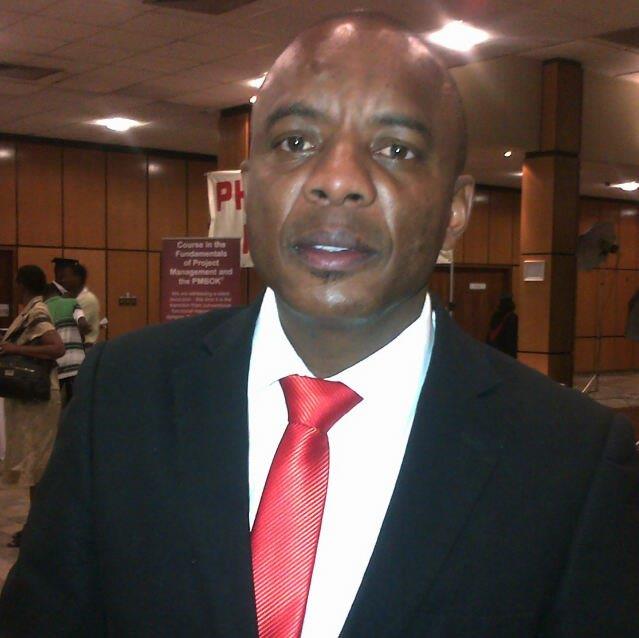 John MdluliMember
John MdluliMemberTrial participants were exposed to the risk of acquiring HIV and the study did not take safety measures into consideration when designing and implementing this trial . The role that advocacy groups can play in trial designing and implementation was not taken into account and as such there was a lack of consultation when it comes to advocacy groups
-
12/24/2014 at 10:04 am #2596
Agnes Nondo
Member1. What implications did the luck of inclusion of clean needles in the prevention packge have for trial participants.
luck of provision of clean needles to the drug user was enethical. Human research protection guidelines were not taken it to consideration at all.
2.How can reseachers engage stakeholders to better negotiate packages that combine various arrays of option tailored to the need of diverse groups.
I agree with all engaging stakeholders early in the protocol development stage is critical and most import take stakeholder input into considerations.
-
12/21/2014 at 5:09 pm #2592
Siriporn
MemberDear all,
I really liked the point team brought up; about engage all stakeholders early during trial design. The point of proper provision of clean needles to BTS participants should be discussed at the beginning during study design. I totally agree with you all, engaging community in early stage, is the best way to avoid confusion and misunderstandings, eventually also, and do move out any concerns that one of them may have during the study. -
12/21/2014 at 4:54 pm #2591
Siriporn
Member1) What implications did the lack of inclusion of clean needles in the prevention package have for trial results?
The study did not provide the clean needles to the study participants yet it is a known standard of prevention among in IDU. I think clean needle is a one factor that effect the results of the study (provide the clean needle may be effect the research question and objective if this study), therefore the wellbeing of subject should be concerned. And ff researcher able to provide complete of prevention package for participant, it the can prove efficacy of study.2) How can researchers engage stakeholders to better negotiate prevention packages that combine various arrays of options tailored to the needs of diverse subgroups?
Formative research such as CAB meeting can help researchers engage stakeholder in better negotiate prevention package. Researcher should offer many ways and possibility that will do in study and receive comment and suggestion from stakeholder. -
12/19/2014 at 6:05 am #2587
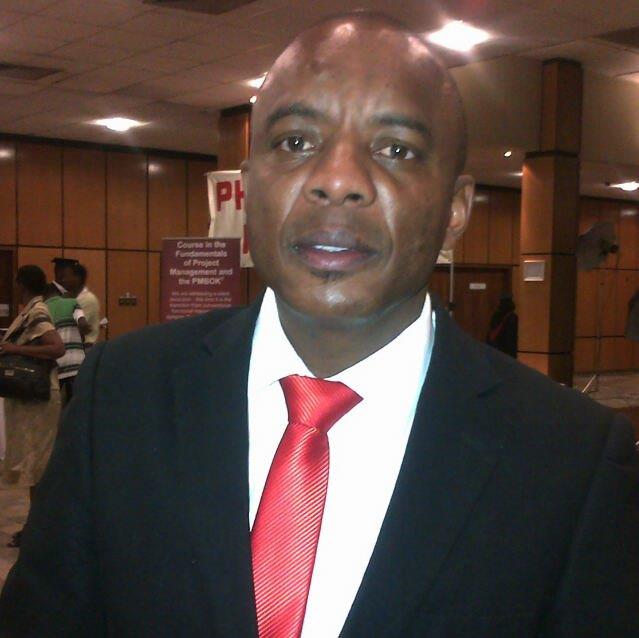 John MdluliMember
John MdluliMemberThe lack of provision of clean needles as part of the prevention package compromised the relationship between the researchers and the advocacy groups. This did not only affect the relationship between researchers and advocacy groups but also the questioned the credibility of using Tenofovir as part of the prevention package. The study was viewed as being unethically and there were many questions relating recruitment activities related to the BTS. The ethical aspect of conducting this study was questioned considering the fact that half of the participants were receiving placebo. The issue here was that such participants were exposed to HIV by not providing them with clean needles. There were also questions relating to post-trial access for participants who took part in this study.
This is were it is important to engage your stakeholders early during your trial design. If this study was discussed with a group of advocates during the early stages of the trial design, the challenges could have been identified early and options made available. The early inclusion of broad range of stakeholders including government officials and Advocacy groups could have ensured proper provision of clean needles to BTS participants
-
12/04/2014 at 8:52 am #2488
 Marie MicheleMember
Marie MicheleMemberWhat implications did the lack of inclusion of clean needles in the prevention package have for trial results?
For Researchers, not including clean needles in the prevention package was not right thing to do. And that shows that the consultations with stakeholders were not properly done. I am sure that somebody from stakeholders would have mentioned that clean needles was would be in prevention package. To avoid any misunderstanding and confusion about that study from stakeholders, Researchers need to know that consultations with different stakeholders from the community, should be done in beginning of protocol development to make sure that the trial will be conducted smoothly and the results will come out successfully. If the community is not involved from beginning, addressing issues that come later during the study, it is very difficult, that may affect not only bad trial results, but also credibility of researchers, and more energy. So later on they may have trouble to conduct other studies in future. It is time to all of us to think a head, and work together, increase collaboration, and consult each other in all stage of protocol development.
2) How can researchers engage stakeholders to better negotiate prevention packages that combine various arrays of options tailored to the needs of diverse subgroups?
First of all, researcher need to make a clear message to every stake holders. What I mean here, researcher team would select all stakeholders who will be involved in the study. Share with them the protocol and seek for inputs, sometimes researchers need to keep their protocol confidential, totally agree, that why we have to sign a confidential agreements, we would ask every one who will be selected to provide input to sign that. that is more reasonable that ending with troubles that may occur after, or getting bad results of the trial.
-
12/03/2014 at 3:37 pm #2479
 Marie MicheleMember
Marie MicheleMemberDear colleagues,
I am back on line. I was not in Rwanda, and it was not easy for me to be connected. I am happy to reading again your interesting discussions, I was missing that. I totally agree with you all, engaging community in early stage, is the best way to avoid confusion and misunderstandings, eventually, it increase more trust between Researchers and Community, it provide freedom to communicate effectively and do move out any concerns that one of them may have during the study. as every one get time to raise he/her questions before hand and have clear image or situation earlier. So let support that idea of involving earlier stage, because we all benefit from it. Working in harmony, we always get a positive result .
-
11/21/2014 at 9:14 am #2408
 Leader Kanyiki NgooyiMember
Leader Kanyiki NgooyiMemberOn the impact of not including clean needles in the HIV prevention and risk reduction package, I think trust brewakdown is highligthed. community stakeholders felt used, and not heard when they could not see incorporation of their inputs/suggestions.
national stakeholders engagement is key in discussing these kind of issues as they will gain clear understand of realities of especially key population, and ultimately open up to suggestions.
-
11/21/2014 at 9:00 am #2407
 Leader Kanyiki NgooyiMember
Leader Kanyiki NgooyiMemberEnough funding and time need to be allocated to programs which aim to educate key stakeholders as part of advocacy strategies to address some discrepencies in local laws and policies. And ensuring that stakeholders engagement is ongoing will help to keep an open communication.
-
11/20/2014 at 7:37 am #2386
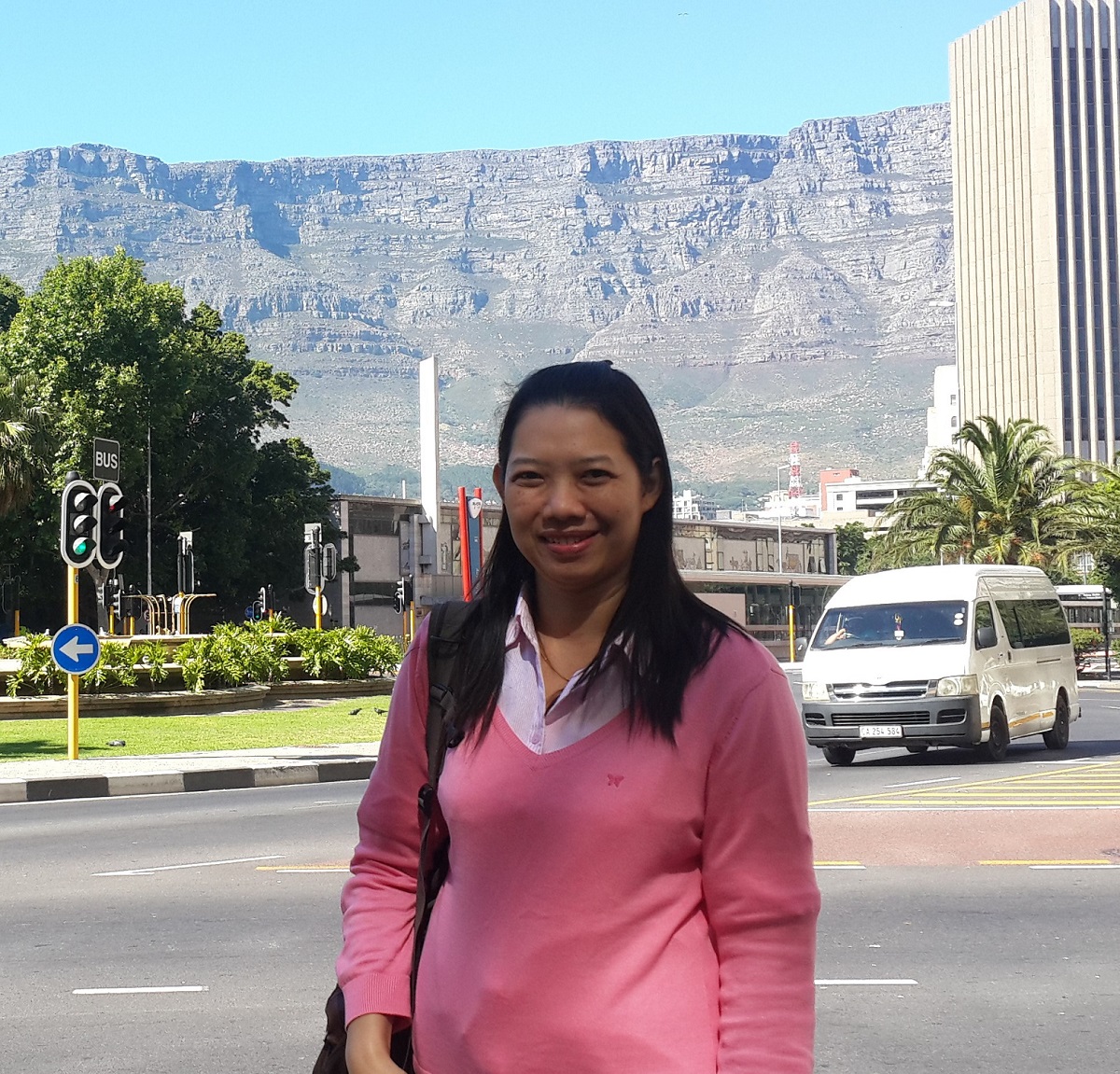 PongpunMember
PongpunMemberI think that this period time for prevention study will proof this concept about prevention packaged. Truvada has approved for PrEP and next study have to use Truvada for prevention package or not? This question should be asked from stakeholder. Some country, no policy provide PrEP within health coverage and people do not know about this. This is challenge for next study that will conduct there.
However, this situation not same as provide clean needle to IDUs. It is legal and challenge for researcher who need to comply with local policy in country, comply with protocol and comply with stakeholder view.
-
11/18/2014 at 1:46 pm #2372
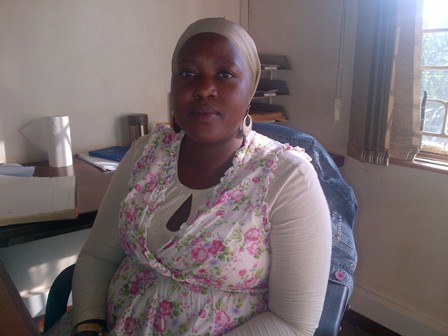 Jauhara NanyondoMember
Jauhara NanyondoMemberDear all,
I love and buy-in in everyone’s contribution towards engaging stakeholders at all times and at all stages of the research cycle. As community advocates we should support the scientific researchers to appreciate the need for stakeholders engagement.
-
11/18/2014 at 1:23 pm #2370
Anonymous
InactiveI LOVED Laura’s comment about building/maintaining the relationship between the research team and the government. Many of the comments rightly focus on the potentially damaged relationship between the research team and the community. The government is a key stakeholder. This raised the question for me, how do we balance maintaining the relationship of the community while also maintaining the relationship with government stakeholders? Particularly if these relationships are strained.
As Anne mentioned, working in areas where poverty and stigma are entrenched in a population create unique challenges. Simply starting the dialogue earlier may not address all of the issues that come with working in these areas. How do you frame these conversations with various stakeholders keeping in mind their priorities ( feasibility, cost, ethics, etc.) may be different?
-
11/18/2014 at 1:19 pm #2369
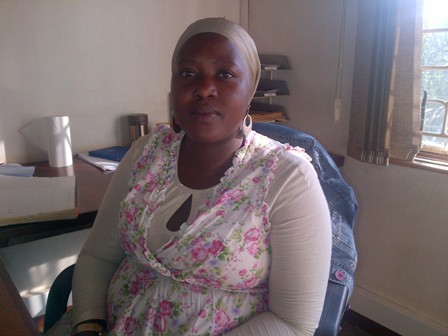 Jauhara NanyondoMember
Jauhara NanyondoMember1. What implications did the inclusion of clean needles in the prevention package for the trial results?
I guess the study participants got confused with the study information visa vie the provision the standard of care to study participants.The study did not provide the clean needles to the study participants yet it is a known standard of prevention among the drug users and the researchers could afford to provide them. The research team would have negotiated with the policy makers to avoid confusing the research community and its stakeholders. At this level of conduct the study was unethical, since it did not follow the rightful procedures which directly affects the final results of the study.
2. How can researchers engage stakeholders to better negotiate prevention packages that combine various arrays of options tailored to the needs of diverse groups?
Conduct consultations with stakeholders at all levels very early during the protocol development process. Research teams should perform engagement activities to seek opinion, make good understanding and trust of the study environment prior to to conducting the study.Researchers should work closely with global advocacy organisations to support them on issues that relate with policy in the country. Engagement should be with all stakeholders and at all levels.
-
11/17/2014 at 2:40 pm #2356
 RonaMember
RonaMemberI appreciate Mathias’ and Laura’s comments about confusion and misconception. I was at a meeting with community stakeholders from all over the world this weekend, and so many of the stories I heard made me think of this module – stories of stigma, denial,and lack of awareness/knowledge among IRB members, among others. It so clearly emphasized the importance of broad stakeholder engagement from the earliest stages of trial development and on!
-
11/17/2014 at 9:28 am #2355
Mathias Wambuzi
MemberPatchara and team,
Confusion and misconceptions are true characteristics of stakeholders! It is imperative to always clear the confusion and concerns earlier than we always do.
-
11/17/2014 at 9:23 am #2354
Mathias Wambuzi
MemberEven with the promising/positive outcome of the trial, stakeholders had lost confidence in the entire trial. Prevention trials did not meet prevention standards!
This now reminds us of a continuous mechanism to involve different stakeholders in the entire cycle. Negotiations are key in the trial process. Stakeholders concerns and perceptions can be addressed at this point.
-
11/17/2014 at 9:20 am #2353
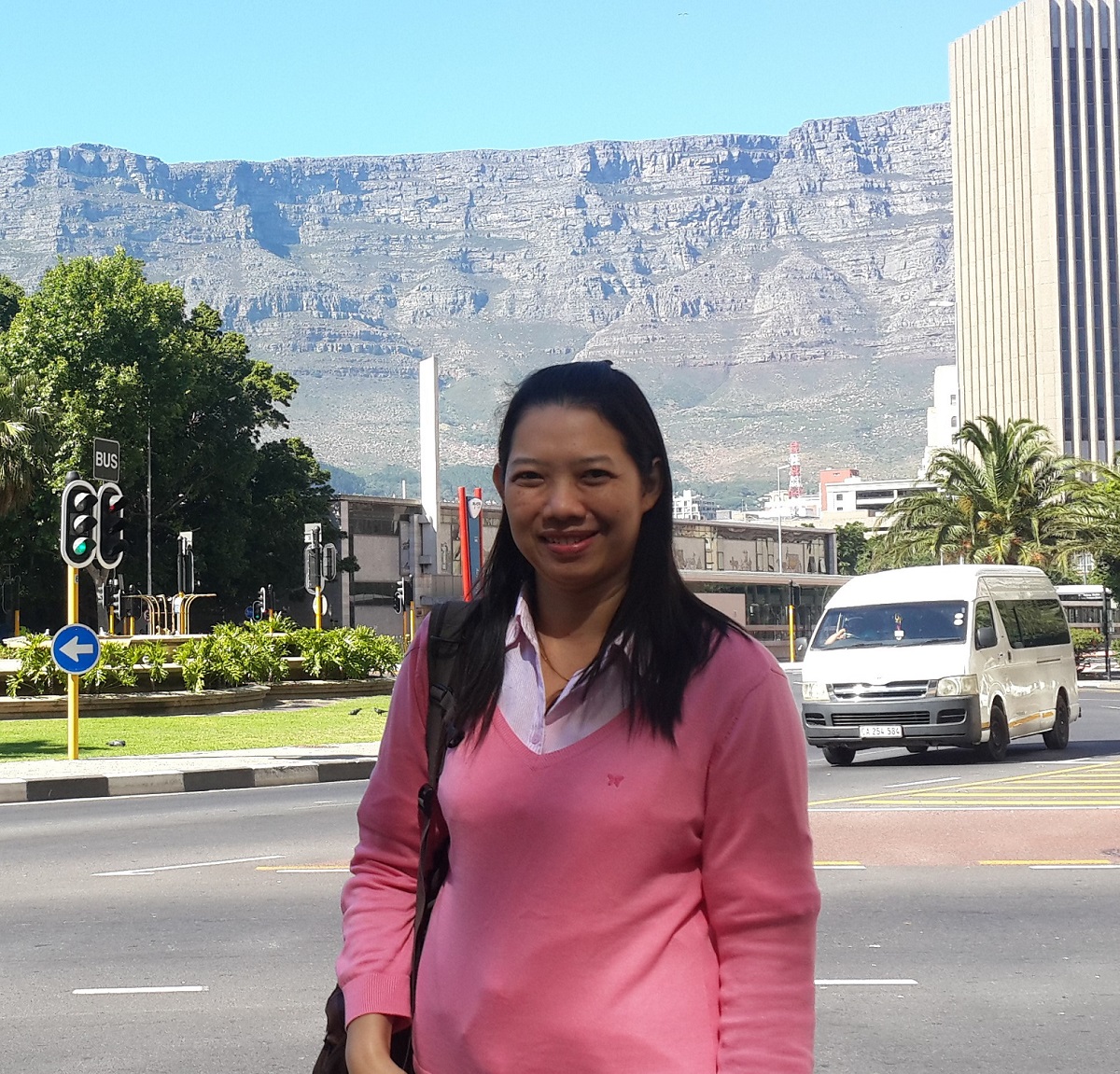 PongpunMember
PongpunMember1) What implications did the lack of inclusion of clean needles in the prevention package have for trial results?
Clean needle is one of prevention method for HIV prevention package. Clinical trial phase 3 for efficacy should control any factors that may effect with study. This study did not provide clean needle which the ways of HIV infection for IDU are sharing needle and sex. I think that lack of clean needles induce to trust of trial result. We do not know that control have sharing needle more than case or not? If we provide clean needle in 2 groups, it will fair for conclusion that this factor not effect the result. It is same as condom use that is provided by study, using condom depend on participant chose. If researcher able to provide complete of prevention package for participant, it can prove efficacy of study.
2) How can researchers engage stakeholders to better negotiate prevention packages that combine various arrays of options tailored to the needs of diverse subgroups?
Researcher should have formative research and stakeholder mapping for survey opinion of them. Researcher should offer many ways and possibility that will do in study and receive comment and suggestion from stakeholder. If researcher have imperative that can not operate, they can consult with community or stakeholder about it. Researcher should have consultation meeting and have conclusion for meeting. I think that stakeholder accept study if researcher try to tailor study in the best way. It not need to do all things that stakeholder prefer but should try to do and adjust as the way that they prefer.
-
11/15/2014 at 1:05 am #2342
 Laura PotterMember
Laura PotterMemberI really liked the point Patchara brought up, about stakeholders perhaps being confused or having misconceptions of what is expected of participants being in the trial, especially based on other associations people may have with a given trial site or specific study visit location. For example, because injection drug users were the study population, the researchers decided to conduct the study at a clinic where methadone was distributed. There is stigma associated with such clinics in the United States, and I imagine the same might be true in Thailand, so that is one concern with using that clinic as the location. Another issue is that stakeholders might conflate methadone and PrEP distribution or misunderstand what exactly the trial entailed based on what else was known about the trial site. And as Patchara said, stakeholders might think it was a condition to make volunteers participate in the trial, that they had to also take methadone. There are a lot of subtleties that go into location and choosing where to place a trial site, and these choices can definitely have a huge impact on how the study is perceived by stakeholders, participants, and the greater community alike. Even more broadly than an HIV prevention package, there should be formative research that addresses questions about what should make up the broader research package to make sure all stakeholders have given their input into and have gathered a comprehensive understanding of the goals of the research and how best to go about it, down to the last detail of where the participants will go for dosing/appointments.
-
11/15/2014 at 12:54 am #2341
 Laura PotterMember
Laura PotterMemberThe implications of not including clean needles in the participants’ prevention package could have skewed the trial results to dampen or falsely increase the perceived efficacy of PrEP compared to its actual efficacy, depending on how lack of access to clean needles may or may not have affected the behaviors of the participants enrolled. In addition to this logistical effect on trial results, the other implications were that the study was perceived as unethical and therefore the results were not to be trusted. Even worse, the outcome of this lack of trust from one particular study likely could be later associated with future studies run by the same (or even different) biomedical research institutions attempting to learn more about other possible interventions for HIV prevention. However, to play devil’s advocate, not including the needles in the trial did likely maintain good relations between the local government and the researchers, since the researchers did not push any illegal agenda by including these clean needles against the wishes of the government. Obviously that relationship benefit does not outweigh the costs of not providing the needles, but it is important to recognize all stakeholders when considering the situation.
As for how researchers could engage stakeholders to better negotiate these prevention packages, I think that soliciting input from diverse kinds of stakeholders is critical: everyone from local government officials to previous trial participants to advocacy groups for people who may be represented in the study population, to community members living at the trial site, and even to the media, both local and global. If we want to tailor these packages and the options within to the particular needs of diverse subgroups, then we will need to consult with stakeholders and members of each of those subgroups in forums like focus groups, online or in-person surveys, inviting these folks to come on board community advisory groups and assist in protocol development, and other formative research opportunities as well. Only by asking and listening can we be sure to integrate all of the necessary and appropriate tools into a given trial site’s prevention package. The package should also be something that is able to evolve on an ongoing basis during the trial, by encouraging stakeholders to continue to provide their feedback and opinions about its effectiveness and comprehensiveness during the trial.
-
11/14/2014 at 6:16 am #2338
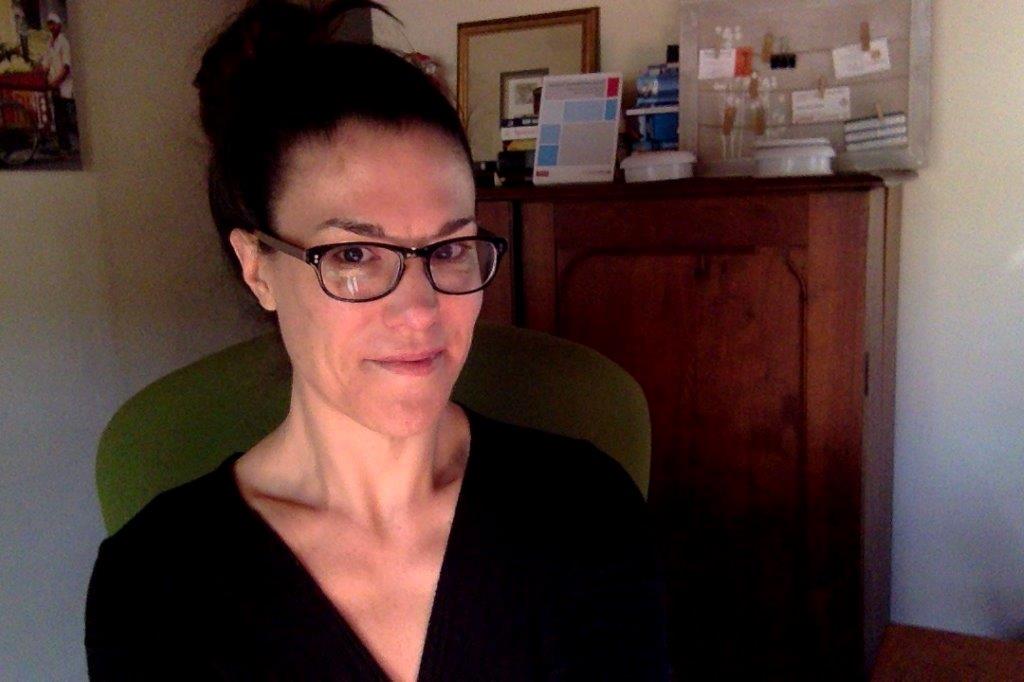 AnneMember
AnneMemberHi Rona and Pat,
I certainly agree that earlier and better collaboration and negotiation could have offset some of the controversy… but it’s a difficult situation and one that also speaks to working in settings characterised by poverty, very entrenched stigma, and inequity between different parts of the population.
I know we all agree that negotiation of prevention standards is essential…but how do we frame and conduct those conversations?
What are the overarching considerations? Feasibility? Impact of the interventions? Ethics? Cost?
-
11/14/2014 at 2:39 am #2335
Patchara
MemberResearcher should concern more on ethical if they will conduct research in vulnerable group. In this case, researcher conducted the study in IDU and volunteers had to take methadone at the clinic. Stakeholders might think it was condition to make volunteers participated in the trial. Unfortunately for the researcher that the study conducted in Thailand,where the government does not support to provide clean needle to volunteer. Researcher team should perform activities to ask stakeholders’ opinion, make good understand and build trust prior conduct the study. National or global NGO are needed to consult and help researcher on issue that related with policy in country.
-
11/13/2014 at 9:59 pm #2330
 RonaMember
RonaMemberThe lack of clean needles in the prevention package severed or at least significantly strained the relationship between advocates and researchers and created a lack of trust of both the researchers and the research process. It led to the study being viewed as unethical and, because the certainly of the data was called into question, it ultimately undermined the results of the trial and the future support of PrEP. The discussion with stakeholders needs to occur early and often in the trial development process. In this case, there was clearly a heated debate between the researchers and advocates but I’m not clear as to the extent to which there was respectful discussion during which potential options were ever discussed prior to the study initiation. It may be that there would never have been agreement, but again, it’s unclear whether or not drug users who attend the clinics, advocates, ethicists, and health ministry officials were all approached together and whether various options and the impact of the different options were discussed. In this case, while government laws may not have permitted the provision of clean needles, increased engagement from the beginning may have led to the identification of other options, and/or a coming to terms from key stakeholders about the trial design and an acceptance as to the value of the research and/or need for it. Again, I think the inclusion of a broad range of key stakeholders – potential participants to government officials, advocates to ethicists, regulators to providers – could help in identifying and weighing the impact of various options.
-
11/10/2014 at 1:27 pm #2268
 ErikanMember
ErikanMemberSee the BTS Case Study attached.
-
-
AuthorReplies
- The forum ‘GPP Discussion Forum’ is closed to new topics and replies.


